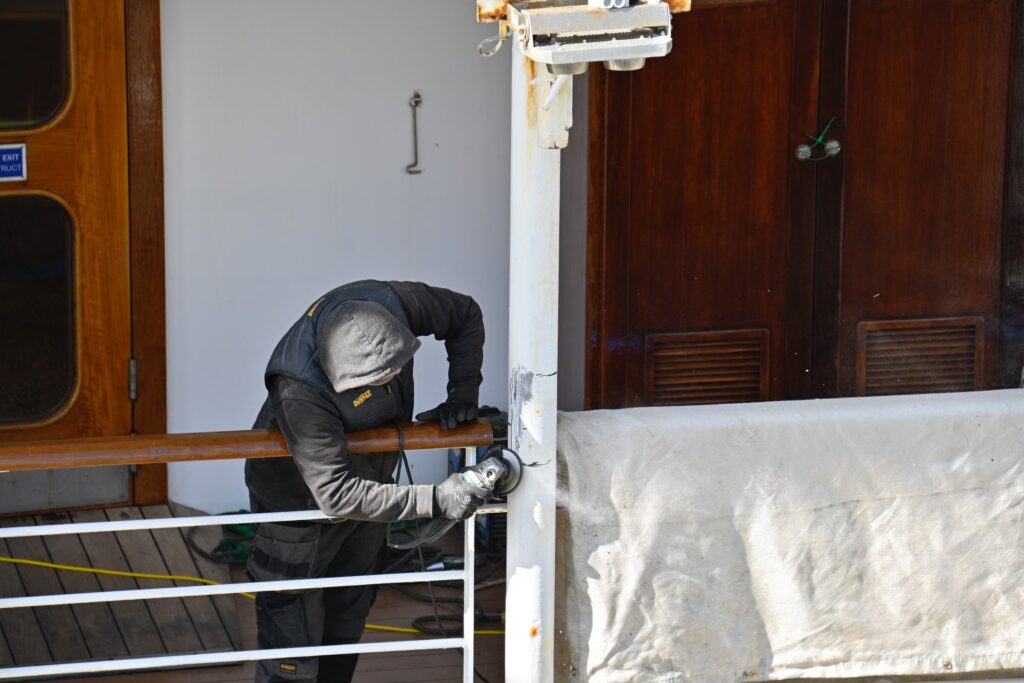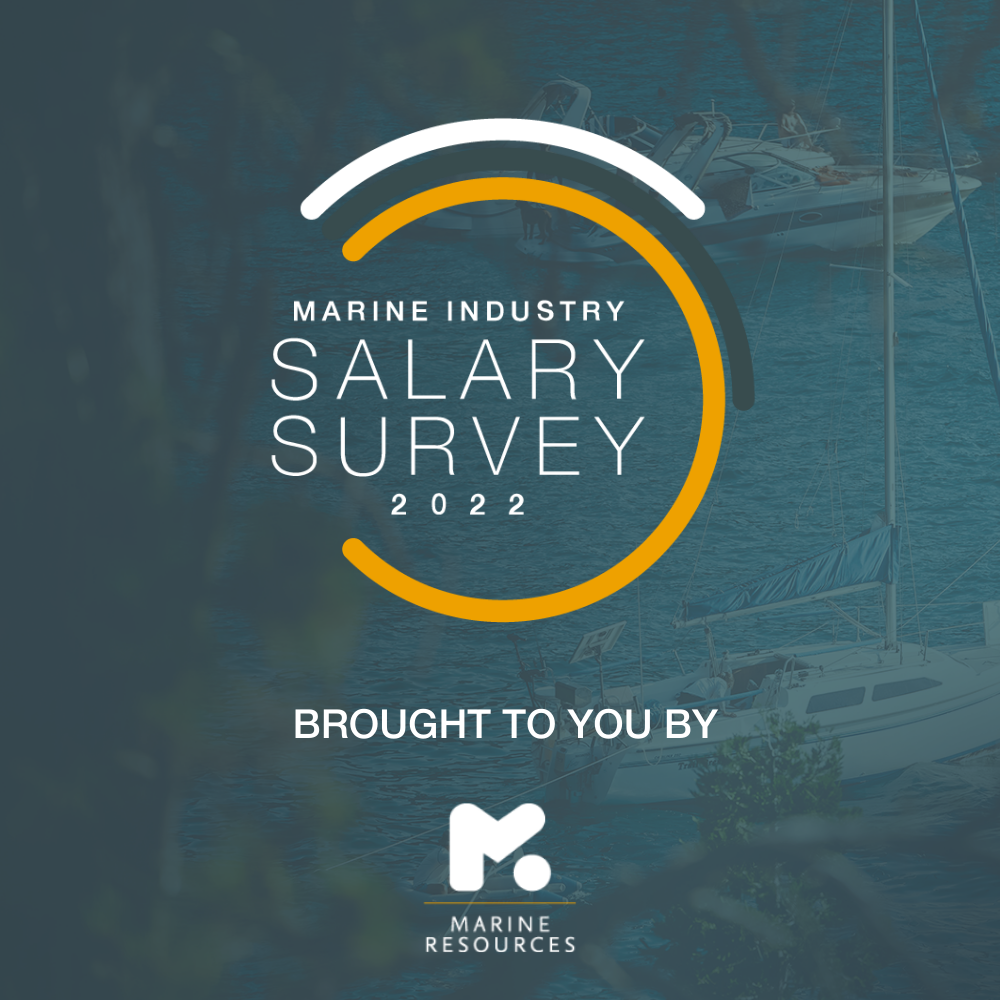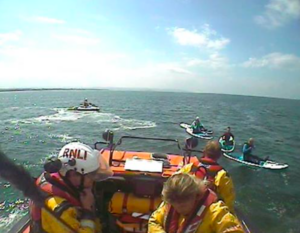Marine Salary Survey 2022 to assess industry post-covid

Recruitment consultancy Marine Resources is launching a marine industry salary survey to explore how the pandemic has impacted the UK marine market.
The firm says it is looking to re-assess the post-pandemic marine industry landscape, creating a centralised resource where businesses and employees can benchmark salaries within the marine industry.
Marine Resources released the first national salary survey for the marine industry in 2019, it is now launching a 2022 survey to understand the marine market post-pandemic.
The Marine Industry Salary Survey 2019 surveyed five marine sectors, with 250 business types identified and 1,715 job titles recorded. The survey received data relating to 4,665 respondents within the marine industry, covering both employers and employees. It also found disparities in gender pay gaps, such as male respondents earning an average salary of £39,650 compared to average female earnings of £35,790.
Marine Resources says it is appealing to employers and employees alike to share anonymous information about their remuneration and recruitment practices. The Marine Resources Salary Survey 2022 will take submissions from seven key sub-sectors in the marine industry; skilled trades, sales, marketing, operations, design, engineering and technical.
The research aims to gain a comprehensive insight into the salaries currently commanded by professionals across the sector and support businesses by highlighting common challenges and key trends.
The Marine Industry Salary Survey will collect information by offering a quick online questionnaire. All data collected will be strictly anonymous and will not be shared. The data collected will be compiled into a report, which will break the data into infographics and spot key trends and learnings.
Salary benchmarking will be the most critical part of the survey, enabling Marine Resources to compare the pay as well as opinions of both employers and employees within the marine industry across all seven key sub-sectors.
“Benchmarking salaries is essential for the industry’s future as it helps prevent the loss of employees to competitors offering better packages,” says James Ward, Marine Resources’ founder and CEO. “It also allows organisations to see how competitive they are within the current marketplace and keep stakeholders up to date with the latest salary trends in their sector.
“In 2019, we conducted the biggest ever Marine Industry Salary Survey, lifting the lid on vitally essential topics like salary benchmarking, gender pay gap and diversity issues within recruitment across the marine industry. Every day we help people make career decisions, and equally, we support businesses to have accurate intelligence of the marine market.
“We are now back on a mission to generate the ‘go to’ salary survey results to support the industry with data to shape their businesses and recruitment and help understand current trends. The most exciting thing is that we will be able to offer a pre-covid vs post-covid set of data. This time around, the data will be more granular of the market rates of pay for specific job titles across the industry, focusing specifically on leisure marine, superyacht and commercial marine shore-based roles.”
There are separate survey forms for candidates and employers. Employees can fill in the survey here, while employers can fill in the survey here.
Last year, MIN reported that Marine Resources has announced a “first-of-its-kind”, marine-based podcast called Inside Marine, hosted by Ward, which aims to uncover stories and insights from the superyacht, leisure marine, commercial marine and maritime sectors.












This (2019) salary survey is farcical and obviously designed to falsely represent the dreadful pay and conditions of some sectors of the industry .
Try looking at marina staff specifically. At Boatfolk (and other large companies perhaps), many Berthing Masters are at or near the minimum wage. Junior berthing assistants and summer staff are often on half, ie £4.50 hour.
Get real people